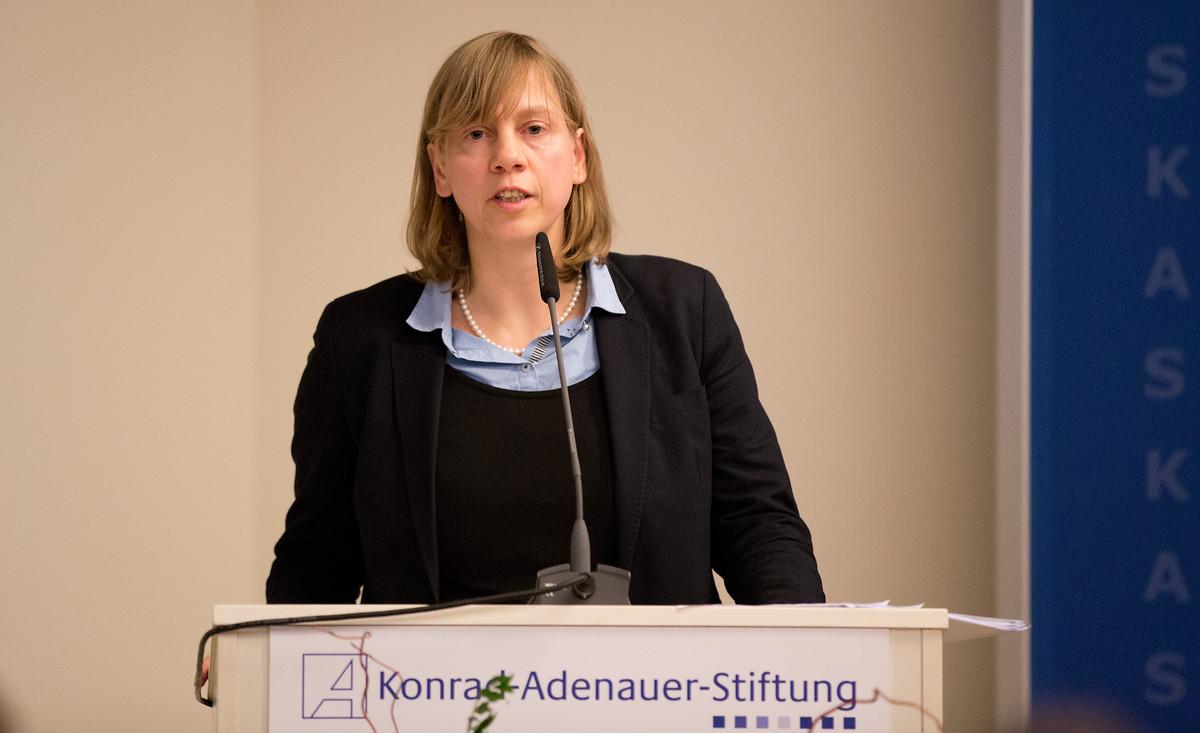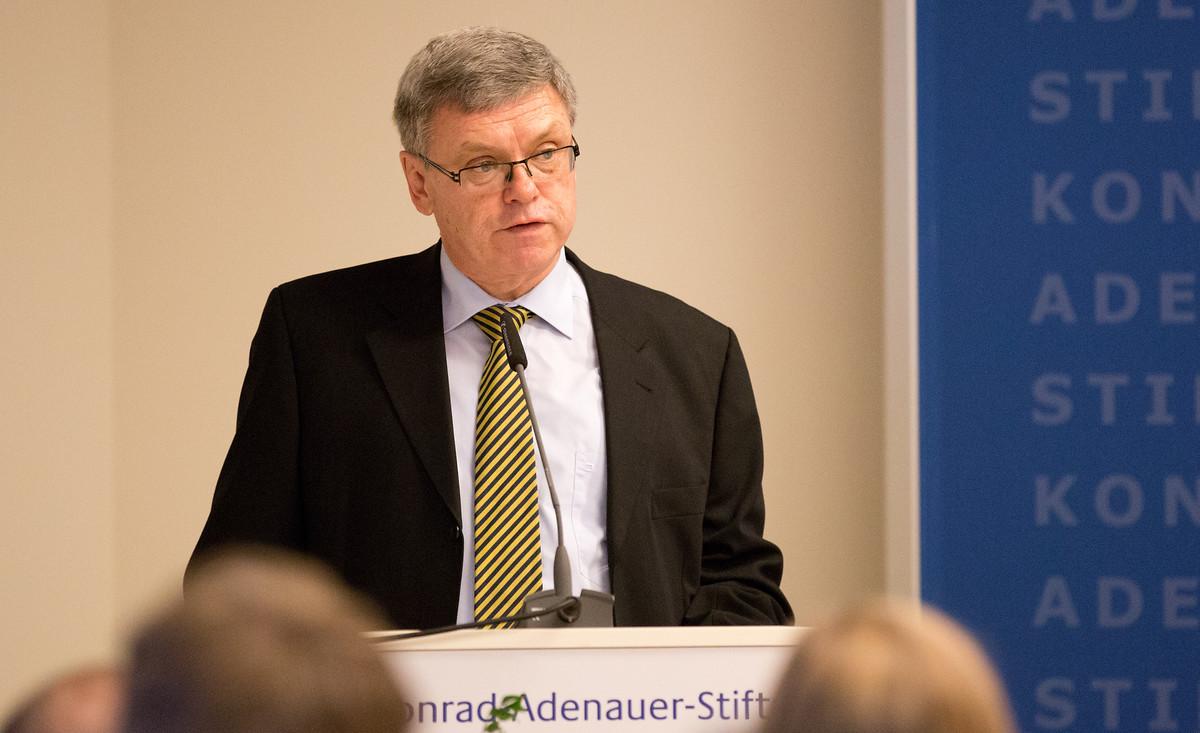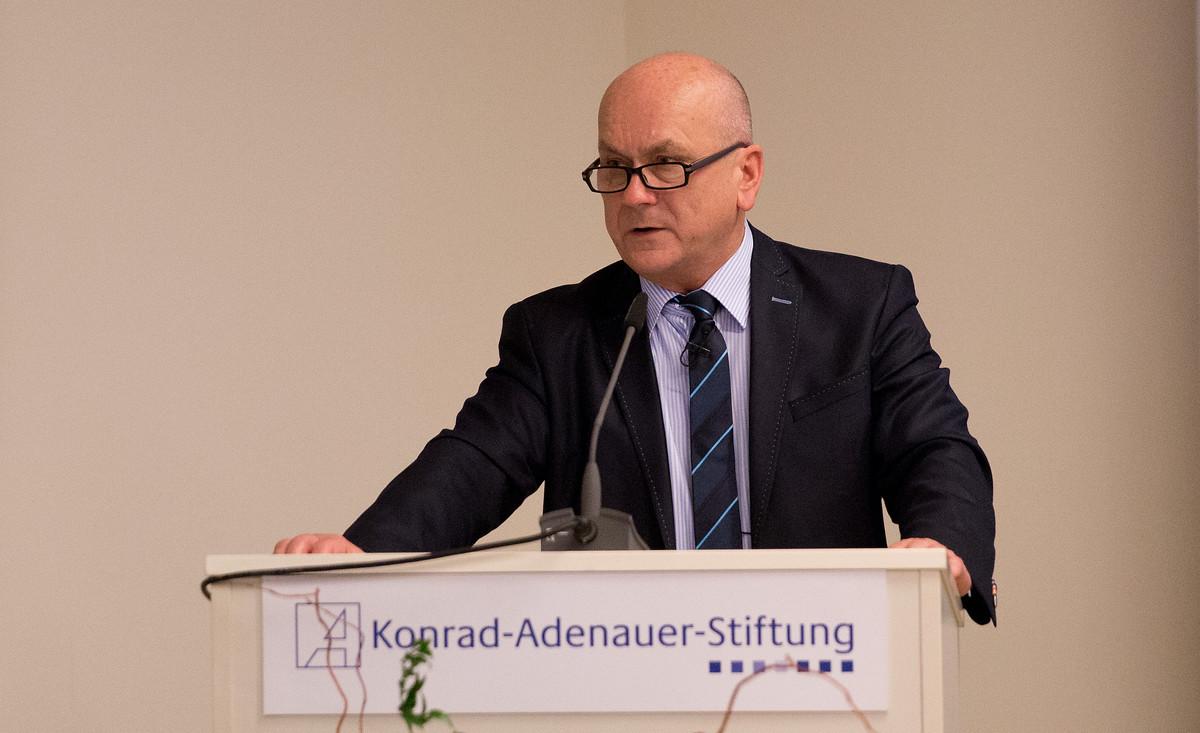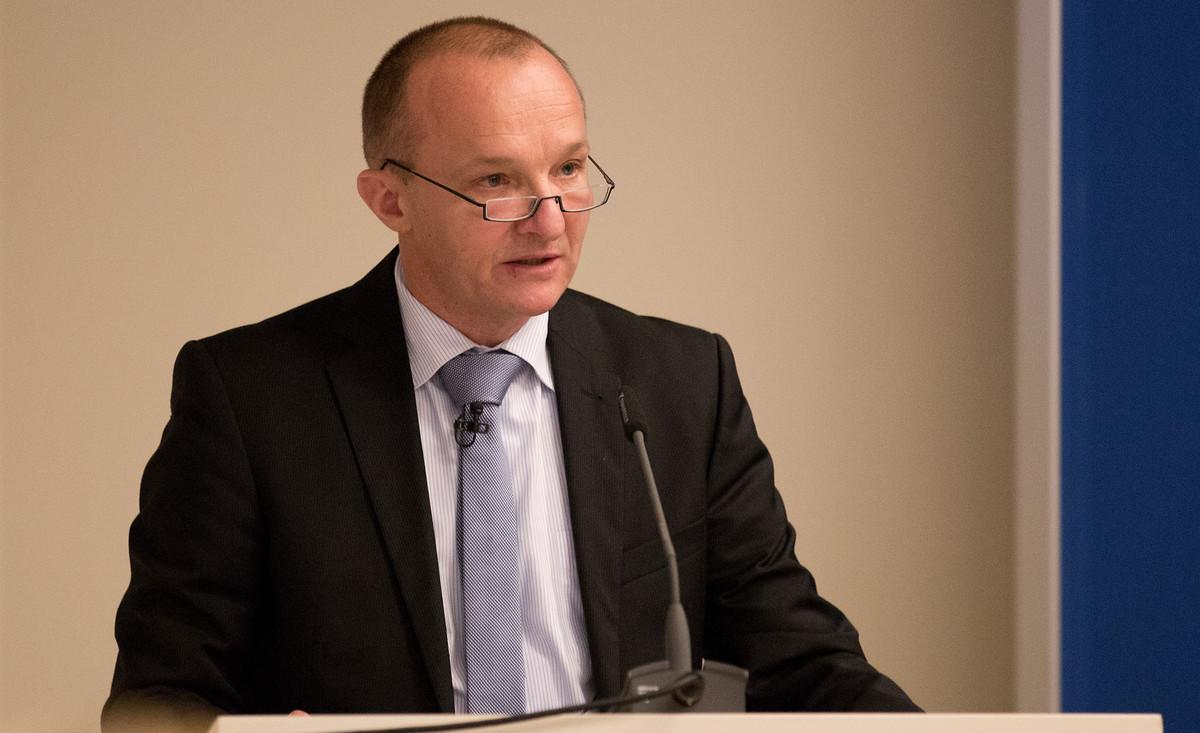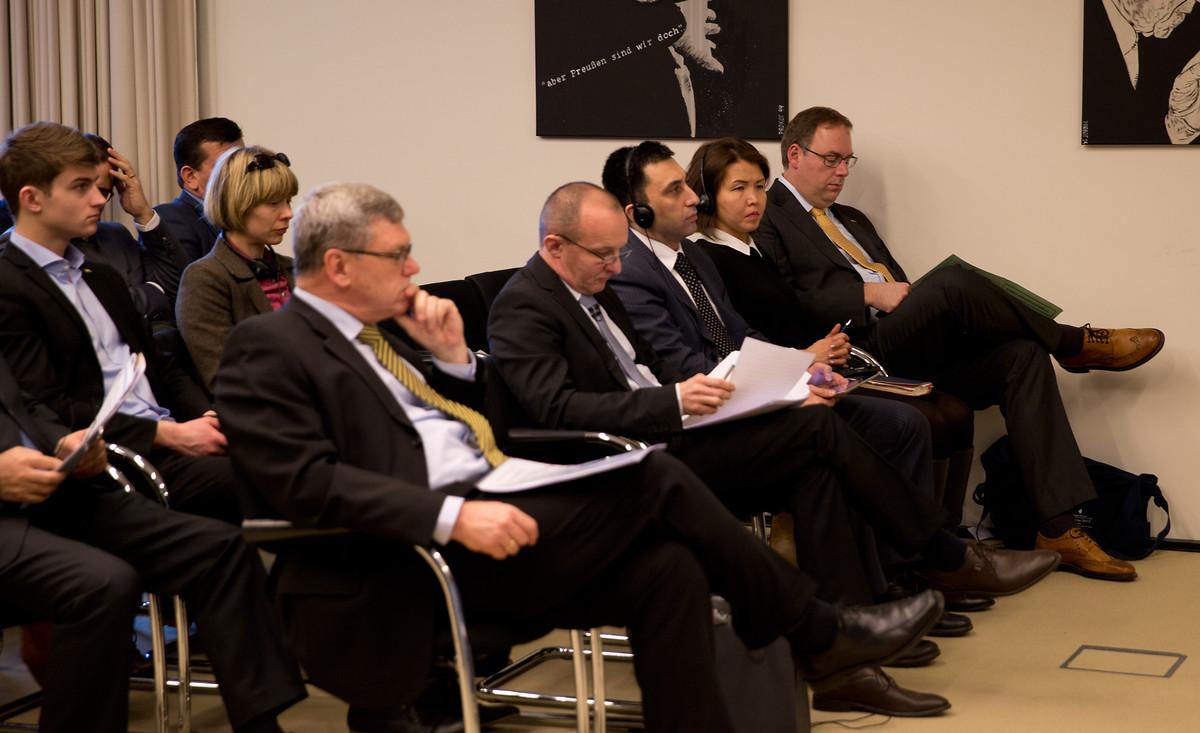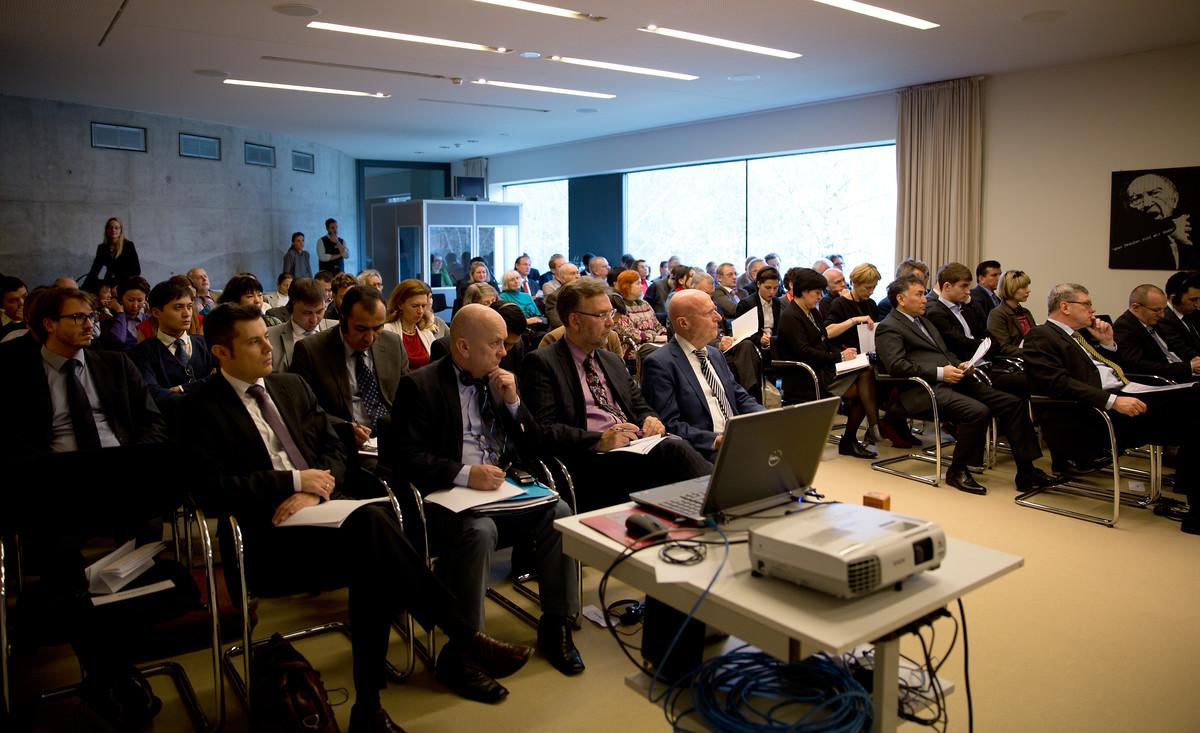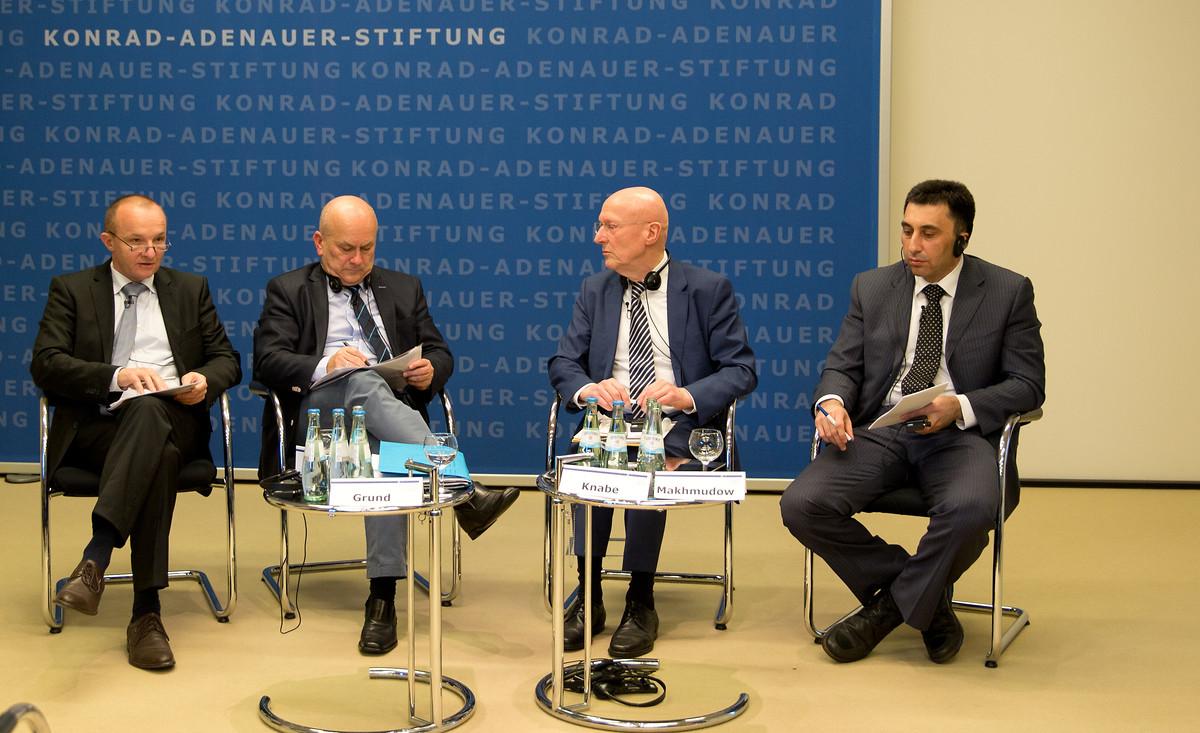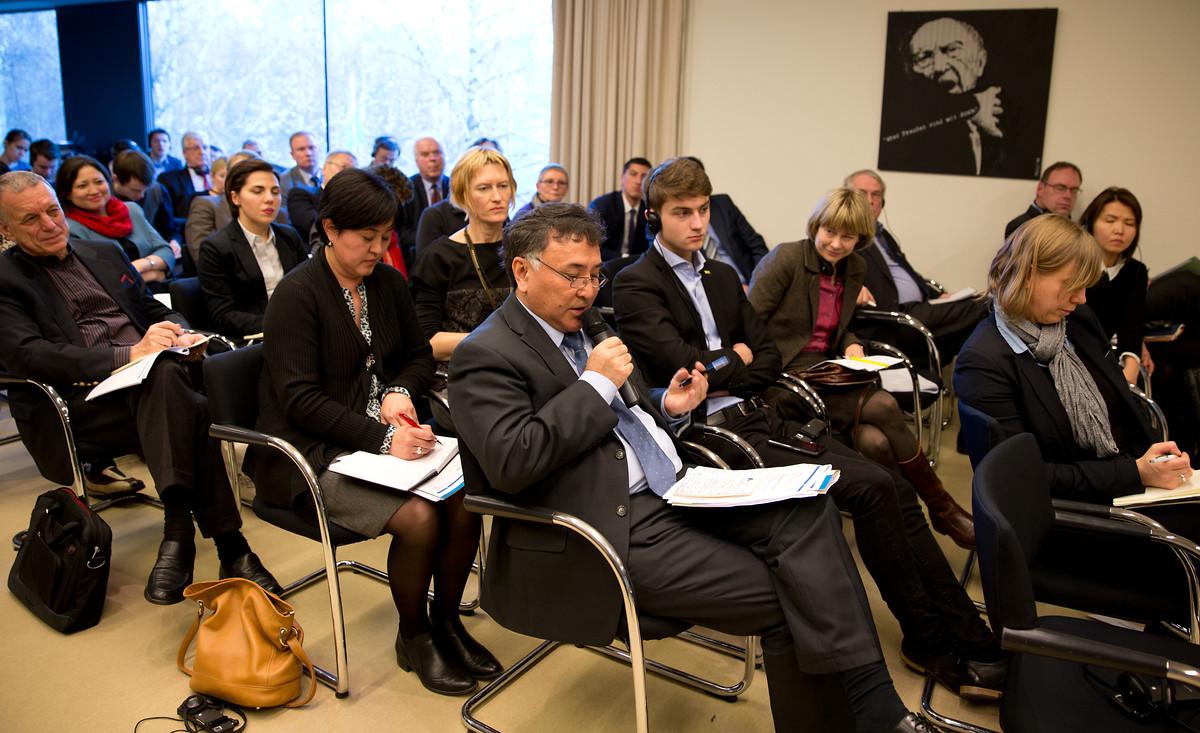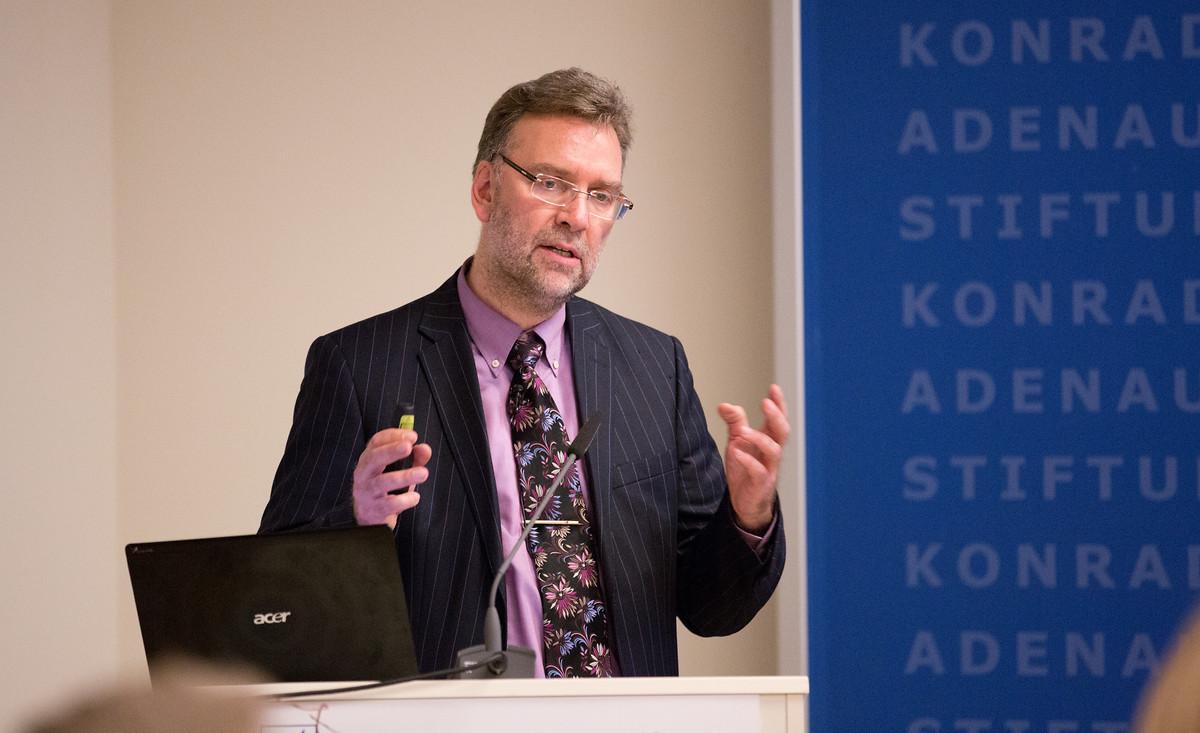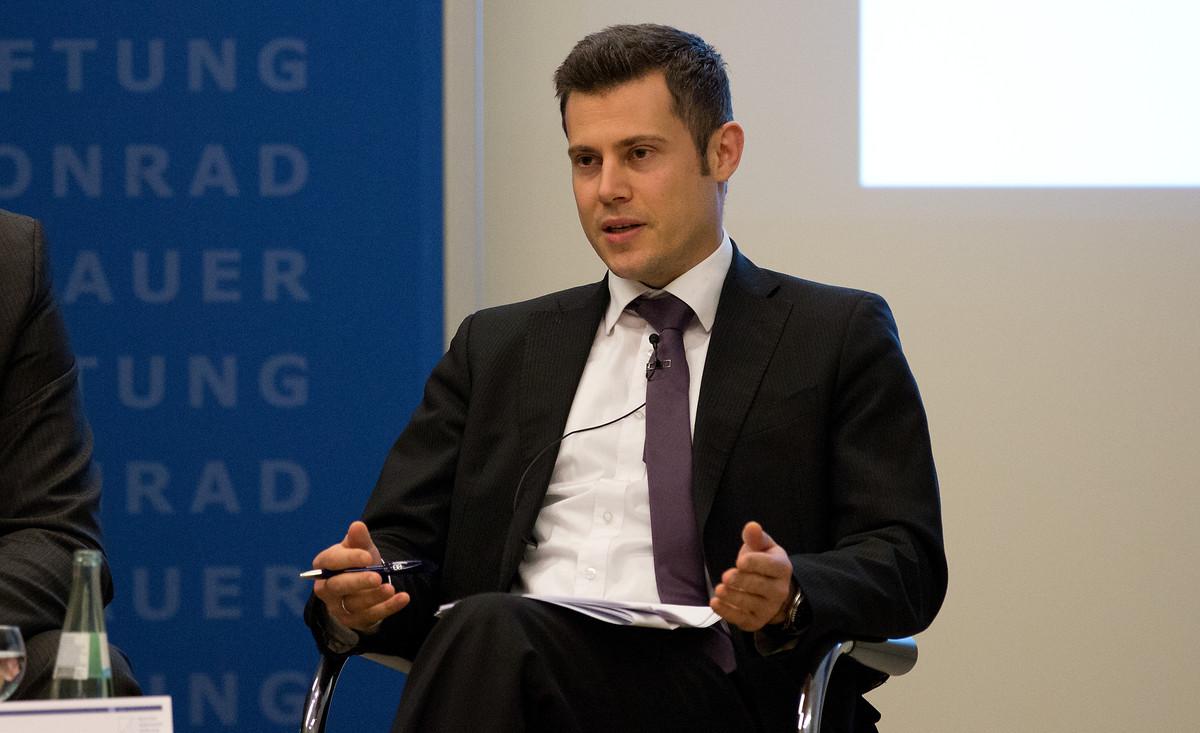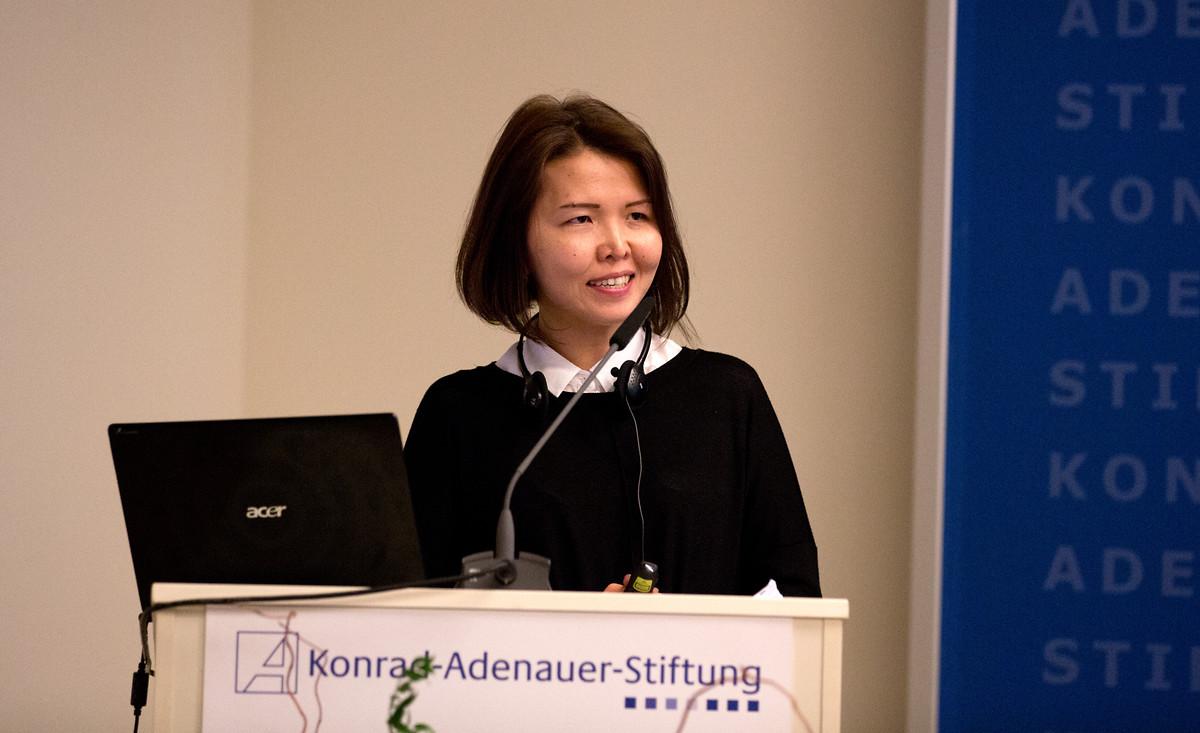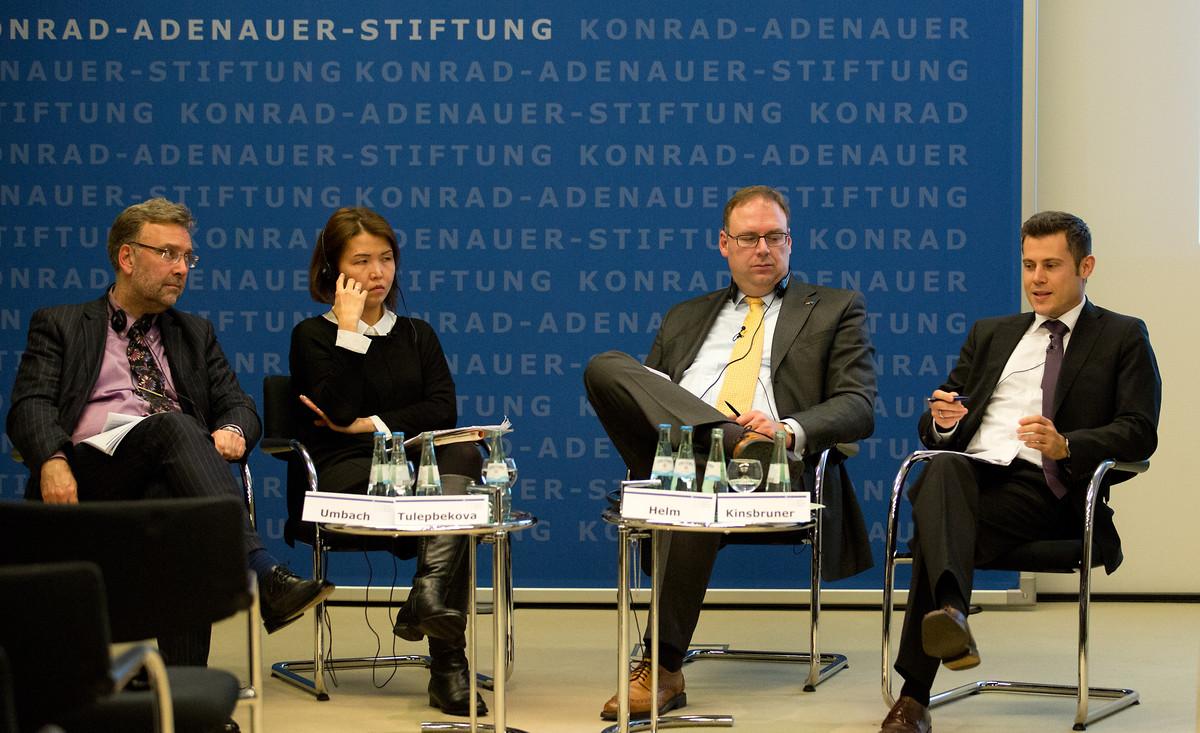Event reports
In June 2015 the strategy of cooperation between the European Union and the Central Asian partners has been audited. Have the goals of security and energetic policy been achieved? Experts discussed these topics on a conference of the Konrad-Adenauer-Foundation in Berlin.
The European Union sees its particular role in promoting development in the field of economics, explained Christine Holtge, political adviser to the authorized representative of the EU in Central Asia, Peter Burian. Also, the EU has repeatedly stressed that to support economic development, they cannot dictate entrepreneurs, in which areas they have to invest. Economic participation is necessary, but also needed a favorable investment climate the guarantee of law, transparent rules and procedures by the responsible officials. Within the framework of the German presidency in OSCE 2016, it is planned to increase investments in Central Asia, and especially strengthen the economic and environmental areas.
In the area of political security there are concerns about the situation in Afghanistan, especially of consequences of the war in recent months in Kunduz. Holtge also noted that the situation in Afghanistan is not the only cause of security threats in the region. Rather, internal events related to the development of security played a role. "The sharp acceleration of opposition parties and marginalization of ethnic minorities have accelerated the danger of radicalization, rather than prevent it," said Holtge. The EU participates in regional programs such as the "Border Management Program in Central Asia (BOMCA)" and "Program against drugs in Central Asia" CADAP to ensure regional stability.
Manfred Grund, MP of the Bundestag, urged the EU too strongly differentiate its approach to the Central Asian countries. He stressed that having a long common history, countries differ considerably. And this is another reason why it is not necessary to carry out definitive measures, and to apply the approach of gradual transformation. To create stability in the region a stable institutional framework is important. (The similarity of the direction of the EU strategy and the interests of the countries of the region should be a precondition for strengthening the stability of the region). Strong concentration of the EU strategy and their interests must be a prerequisite.
Dr. Frank Umbach, research director at the European Centre for Energy and Resources Security (EUCERS) at King's College in London, gave an overview of the EU strategy in Central Asia on the energy component. According to the review, the strategy did not lead to some special changes. In particular the energy market in Central Asia is influence by the competitive situation between the different actors (Ukraine and Russia). "China's influence is growing," he warned. Particular caution is that China has access to operate the Trans-Caspian pipeline and other pipeline project "Silk Road".
Studies have shown that the consumption of gas and their progress in the next few decades has declined, and this will lead to excess production capacity. "Therefore, there is uncertainty in the predictions of demand for natural gas imports," said Umbach. Already, competition is exacerbating on the background of the Southern gas flow, because the consumption has decreased, as well as in 2010. Mr. Umbach urged the EU to defend the European interests in comparison with Russia.
Provided by
Regionalprogramm Zentralasien
About this series
The Konrad-Adenauer-Stiftung, its educational institutions, centres and foreign offices, offer several thousand events on various subjects each year. We provide up to date and exclusive reports on selected conferences, events and symposia at www.kas.de. In addition to a summary of the contents, you can also find additional material such as pictures, speeches, videos or audio clips.



